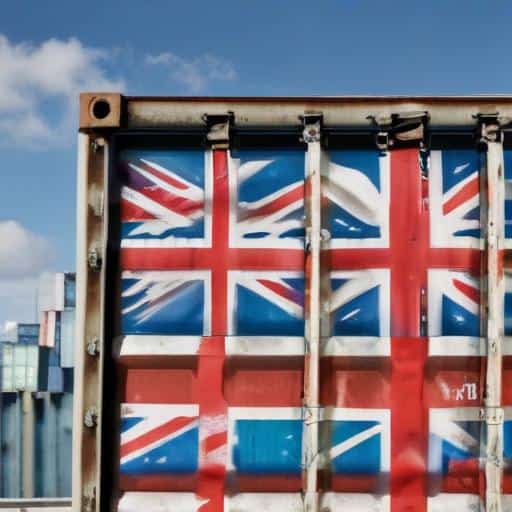Fiji and other Pacific nations are set to experience increased export tariffs to the United States, following the implementation of reciprocal tariffs announced by U.S. President Donald Trump. The new policy imposes a 32 percent tariff on Fijian exports to the U.S., in retaliation for the 63 percent tariff placed on American goods by Fiji.
This shift forms part of a broader effort by Washington to align its tariff structures more closely with those of its trading partners, particularly those that impose high tariffs on U.S. imports. Other Pacific countries such as Nauru, Norfolk Island, and Vanuatu will also see significant tariffs imposed at rates of 30 percent, 29 percent, and 22 percent, respectively. Meanwhile, Australia, New Zealand, and Papua New Guinea will face smaller increases, ranging between 10 to 20 percent.
This recent development adds pressure on the trade relations between the U.S. and Pacific countries, forcing local businesses and governments to reassess their trade strategies in light of elevated costs. Trump characterized the tariff adjustments as a move towards “Liberation Day” for American trade, aiming to address what he views as unfair trading practices.
Similar articles have reflected concern among economists regarding the impact of these tariffs on Fiji, which has a relatively small presence in global trade. Senior economists warn that, while Fiji may escape immediate effects, wider economic repercussions could still arise, particularly if a global decline in consumer confidence occurs, affecting sectors crucial to the Fijian economy such as tourism.
On a more positive note, analysts express cautious optimism that Fiji could find opportunities amidst these shifting trade dynamics. As larger economies realign their production and supply chains due to tariffs, there is potential for Fiji to benefit from lower-priced imports. In this context, Fiji’s strong focus on maintaining high-quality import standards remains crucial, as articulated by Deputy Prime Minister Manoa Kamikamica.
Despite uncertainties, Fiji’s government remains vigilant and proactive, aiming to navigate these changes while possibly enhancing its resilience and trade capabilities. The evolving trade landscape may ultimately provide Fiji with new avenues for growth as it adapts to these international challenges.

Leave a comment